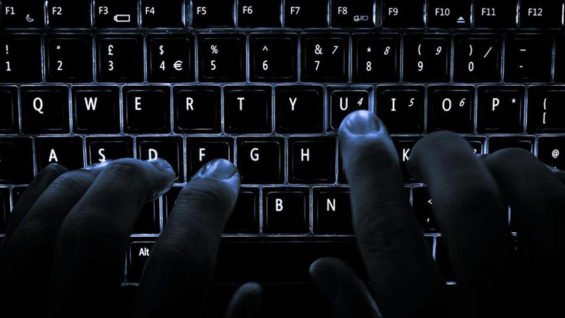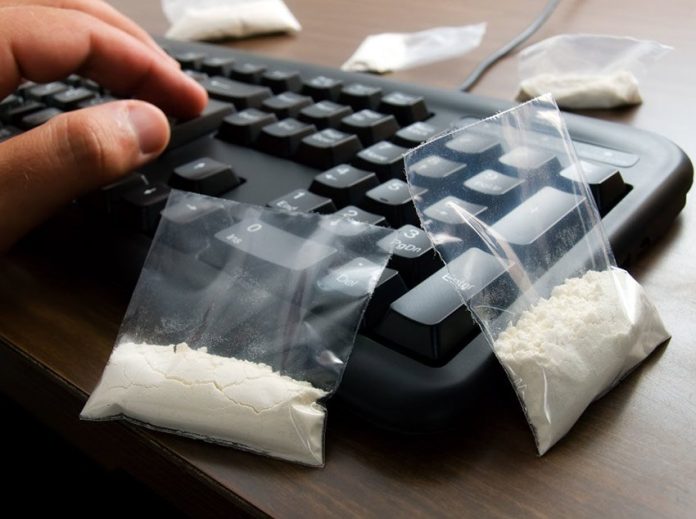Three marijuana brownies for 100 pesos (US $5) or 10 grams of pot for the same price are among a range of offers from people selling drugs online in Mexico, including social networks such as Facebook.
Other substances available on the internet include 2C-C, 2C-E, LSD, proscaline and DOC — all synthetic, psychedelic drugs — as well as mescaline, according to a report by the anti-drugs division of the Federal Police.
Mexicans who purchase illicit drugs online are typically aged between 17 and 32, don’t have criminal records, are from the middle and upper classes and have the technical know-how to hide their real identity, the report said.
Payments are usually made with debit or credit cards, via online money transfers or using cryptocurrencies after bank or personal details are exchanged in private messages.
The drugs are then delivered to the customers either using courier companies or via personal meetings between sellers and buyers that commonly take place in cars, shopping malls or subway stations, among other locations.
Some transactions take place between individuals — who sell small quantities of drugs — and their friends and acquaintances in Facebook groups and marketplaces, often using fake profiles specifically created for the purpose.
Paola, a 23-year-old university student, told the newspaper El Universal that she sells marijuana brownies via a Facebook profile and delivers them personally to her customers at stations on the Mexico City Metro.
She said she has been selling her product on Facebook for more than a year and that her earnings help her to cover her educational expenses.
Another vendor, also a student, told El Universal that she has been selling marijuana online for almost six years and also offers workshops teaching students how to make their own cannabis-based products.
However, it’s not just opportunistic individuals who are taking advantage of the convenience and ease of selling drugs on the internet.
The Federal Police have also detected that there are organized crime groups selling drugs online.
The groups operate in Mexico City, México state, Querétaro, Puebla, Oaxaca, Jalisco, Nayarit, Guanajuato, Sinaloa and Quintana Roo but ship to every state in the country and even to other countries such as the United States, Guatemala, Ecuador, Chile and Peru.

The drugs are shipped with meticulous care to avoid detection and ensure that they arrive at their destination. Because the quantities sent are often small, detection is even more difficult, the Federal Police report said.
The United States Drug Enforcement Administration (DEA) has also identified Mexican criminal groups including the Jalisco New Generation Cartel (CJNG), the Sinaloa Cartel, Los Zetas and the Gulf Cartel as vendors of synthetic drugs in the United States via websites located on the so-called dark web.
At a meeting held in Mexico City in April, the Inter-American Drug Abuse Control Commission (CICAD) warned that online drug sales are on the rise and that over the past 10 years 700 new psychoactive drugs have been detected and 400 of them are available on the dark web.
Apart from purchasing the illicit substances online, drug consumers also use Facebook and forums on other websites to rate the products they have purchased and consumed.
“This is [high] quality . . . it arrived in less than 24 hours . . . Mark definitely knows how to make his customers happy,” one consumer recently wrote in a closed group created to sell drugs on the popular social network.
Source: Vanguardia (sp), El Universal (sp)
